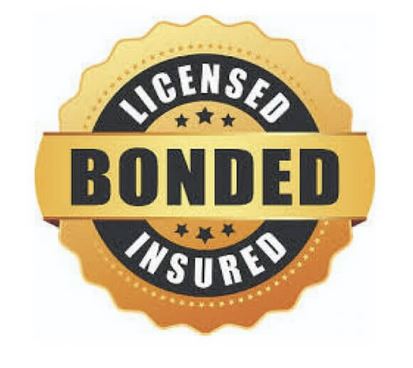Is your business bonded and insured? Whether the answer is yes or no, it’s important to understand exactly what these terms mean and the difference it can make for your business.
Let’s explore these terms by breaking each of them down.
Small business insurance
If your small business has insurance, you help protect yourself and your business from a great deal of financial risk. When your business is insured, you pay a monthly premium in exchange for the peace of mind and security that you won’t be left paying thousands or even millions out of pocket in the event of a claim.
Every small business insurance policy is a bit different, but these are some of the common components of a policy:
- Commercial property insurance
- Commercial auto insurance
- Business property insurance
- Errors and omissions insurance
- Business interruption insurance
Is your business bonded?
Not all businesses need to be insured and bonded. But if you do need bonds for your business, here’s what you should know.
Surety bonds involve three parties: the principal, the obligee, and the surety. If your business is bonded, the entity hiring your services want to ensure they’ll be financially protected from inadequate or incomplete work, negligence claims, or failure to comply with local or federal laws.
Many people/companies will not hire a business unless they’re bonded. One example of a business that will need to be bonded and insured is a construction company. Construction or contractor bonds are also referred to as license and permit bonds and they provide critical protection for the client.
We’ve also covered surety bonds more in-depth in this post.
Other bonds
Depending on the nature of your business, there are a variety of other bonds you might need.
These include:
- Janitorial bonds
- Fidelity bonds
- Court bonds
- Commercial bonds
Give us a call today if you’d like to learn more about bonding and insuring your business!

